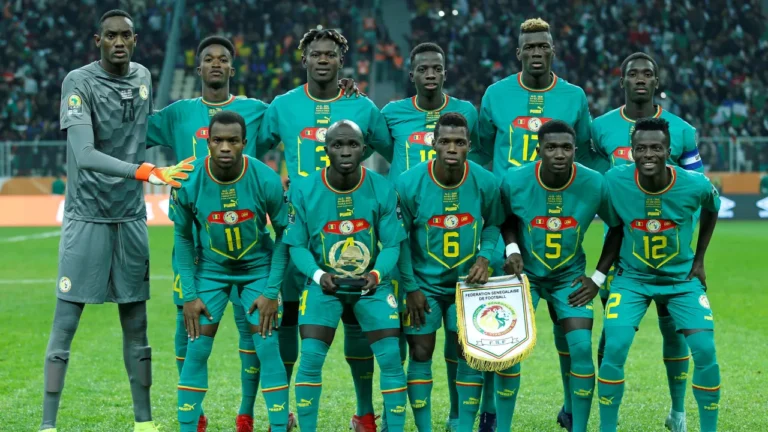
The Djidji Ayôkwé, a revered ancestral talking drum of the Ebrié people, is finally set to return to Côte d’Ivoire, decades after being removed during the colonial era.
On July 7, 2025, the French Parliament unanimously approved legislation authorising the restitution of the sacred artifact, marking a pivotal moment in the growing movement to return African cultural treasures looted during colonisation.
Measuring 3.3 metres and weighing over 430 kilograms, the Djidji Ayôkwé—also known as the Ebrié drum—is no ordinary object.
It served as a sacred communication tool used to convey messages across long distances, announce justice, lead ceremonies, and commemorate defining moments of the community’s history.
For generations, its rhythmic tones represented both authority and tradition within Ivorian society.
“This is a powerful symbol of our dignity and history,” said Ivorian Minister Françoise Remarck, hailing the drum’s return as an act of cultural justice.
French Culture Minister Rachida Dati echoed the sentiment, calling the move “a step toward healing the wounds of the past.”
The restitution follows the recommendations of the 2018 Savoy-Sarr report, commissioned by President Emmanuel Macron, which advocated for the return of African artefacts held in French museums.
The return of the Djidji Ayôkwé is widely seen as one of the most significant gestures since the report’s release, further igniting discussions on broader repatriation of African heritage.
Côte d’Ivoire plans to preserve the drum in a museum dedicated to national heritage, using it as a cultural beacon for younger generations.
Officials hope the drum’s return will inspire pride, revive ancestral traditions, and rekindle interest in indigenous knowledge systems.
But the Djidji Ayôkwé is not alone in its legacy.
Across Côte d’Ivoire, instruments like the Attoungblan—used by the Abouré people—fulfil similar spiritual and communicative functions.
Intricately carved with human and animal symbols, the Attoungblan conveys oral history through rhythms intelligible only to the initiated, preserving myths, lineage, and ancestral wisdom.
These drums are more than instruments—they are vessels of cultural identity, uniting the living with their lineage and carrying echoes of a storied past into the future.
The return of Djidji Ayôkwé is not merely a cultural repatriation; it is a symbolic restoration of voice and memory.
As the ancient drum journeys home, it brings with it the hope of a renewed era—one of shared heritage, recognition, and a resounding rhythm of reconciliation between Africa and Europe.






